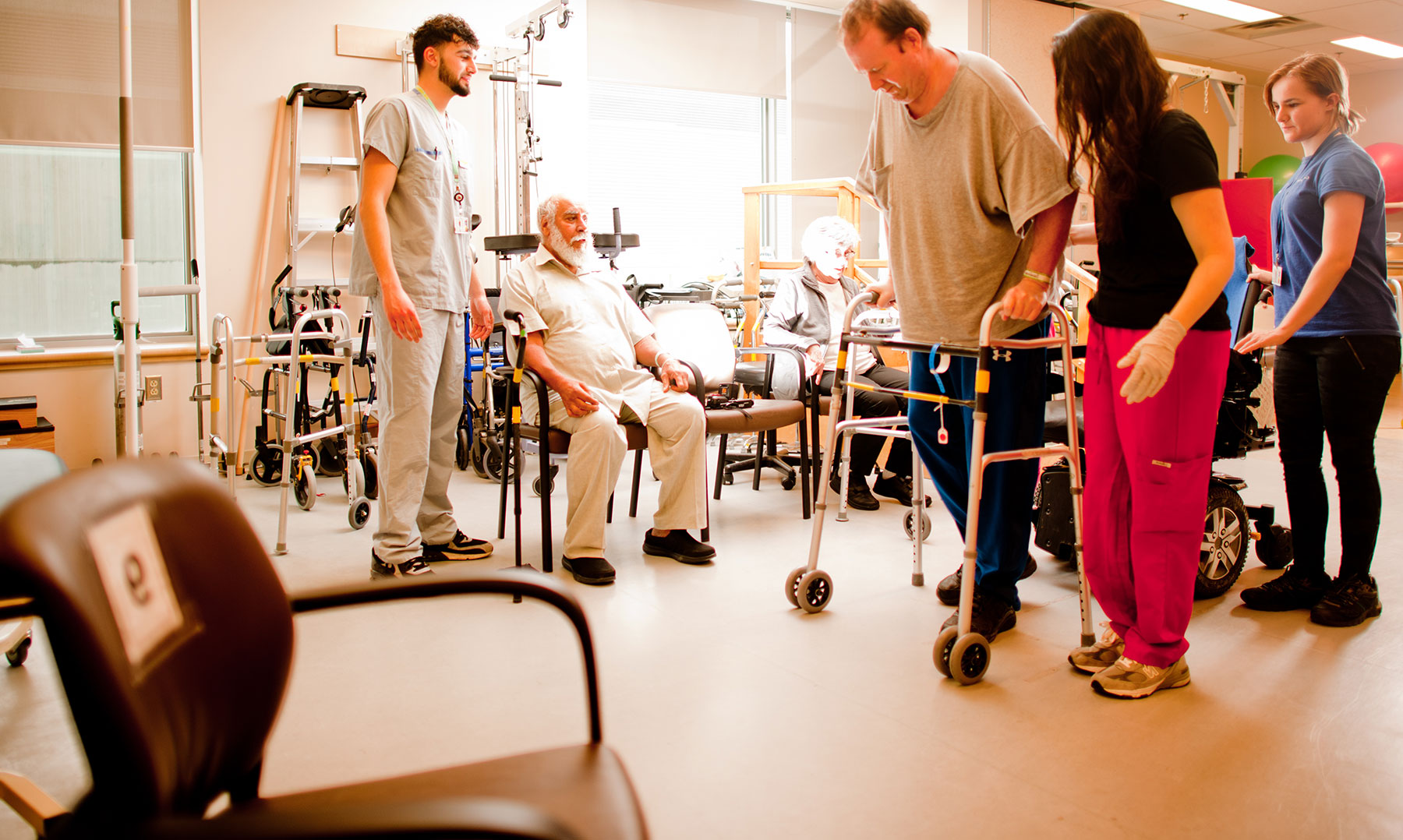What is advance care planning?
Advance care planning means sharing your values and wishes with your family, health care providers and other key people in your life. It is important to share this information so others know what you would want if you ever became incapable of making decisions about your treatment or care.
Advance care plans can be reviewed and updated at any time.
Who should make an advance care plan?
Anyone, regardless of age or health status, should make an advance care plan if they want to:
- state their beliefs and preferences;
- affirm their values; or
- clarify their health care choices or goals of care
Here are some key terms you should know:
Advance directive
An advance directive tells others what you want to happen if you need medical care and are unable to consent to or refuse treatment. It allows you to reflect on your values and wishes, and to tell others what kind of health and personal care you would want if you became incapable of making these decisions in the future.
An advance directive helps your substitute decision maker make difficult choices because they know they are following your wishes. Keep in mind:
- your directive doesn't need to be written in any specific way
- you don't need to name anyone to act on your behalf
- your directive can be general (very few directions about your health care) or very detailed (clearly outline the different types of treatments you would accept or refuse in certain situations)
Power of Attorney (POA) for personal care
The person you name as your POA of personal care can make decisions about your health care, housing and other aspects of your personal life such as meals and clothing if you become incapable of making these decisions.
Power of Attorney (POA) for property
The person you name as your POA for property can make decisions about your financial affairs, including:
- paying your bills
- collecting money owed to you
- maintaining or selling your house
- managing your investments
Personal will
A will is a written document that sets out your wishes about how your estate should be cared for and distributed after death. It takes effect when you die. For more information and for relevant forms, visit the Government of Ontario's website.
Speak with your nurse or social worker for more information about advance care planning. Information is available in the oncology clinic.

